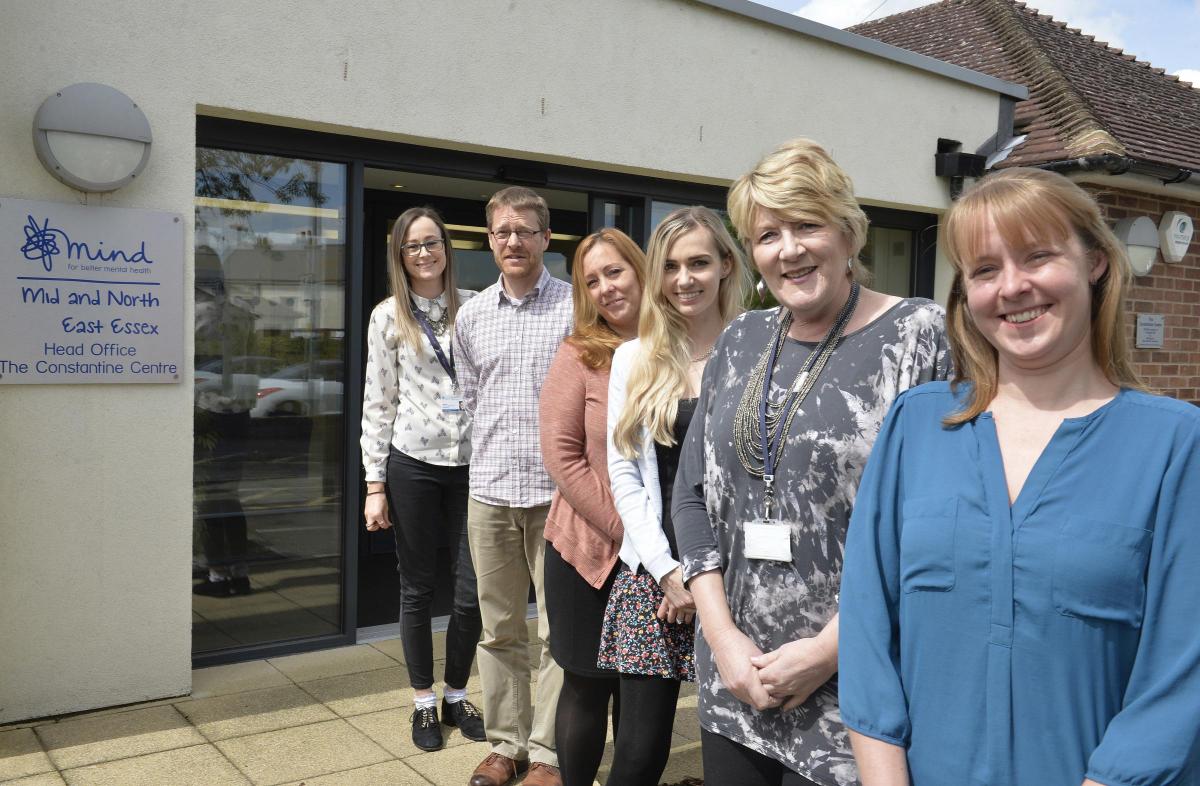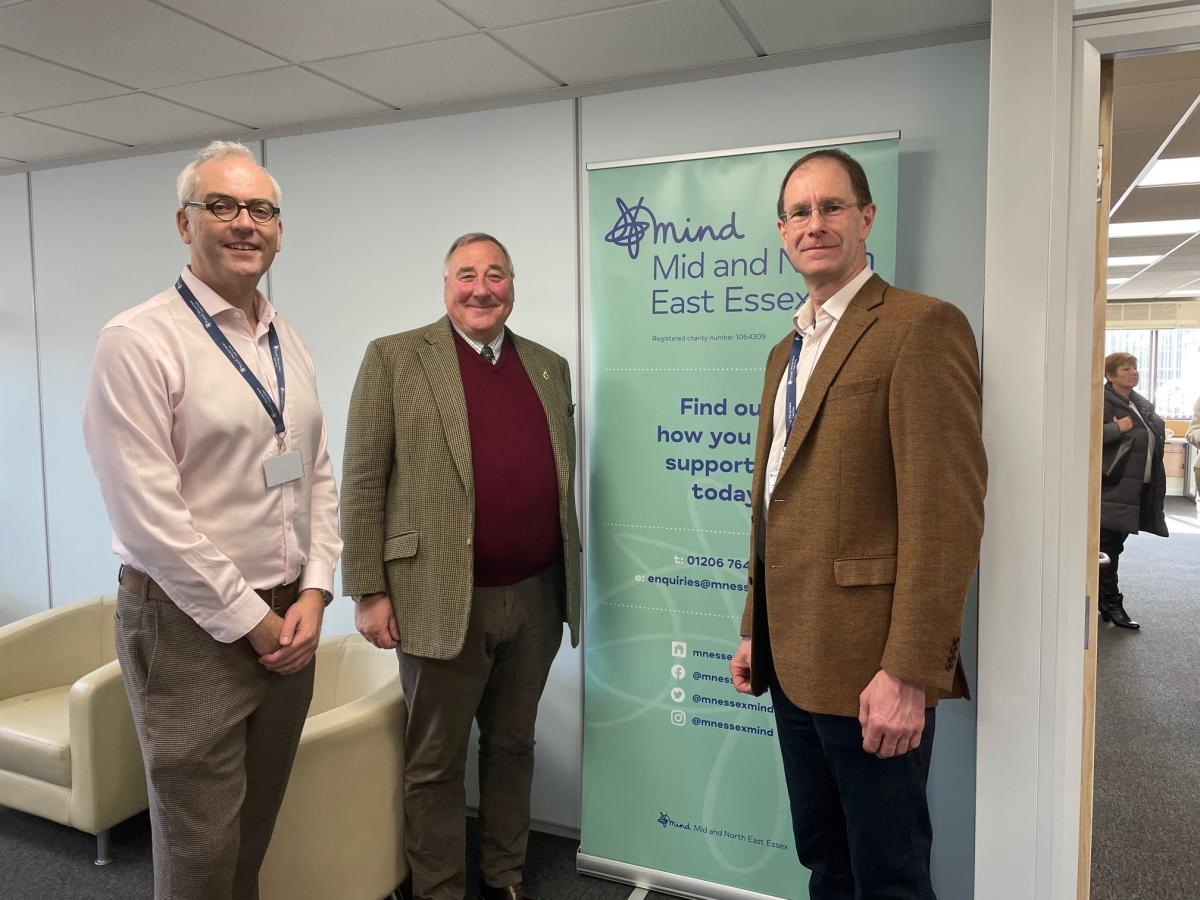

MIND
- Client: MIND
- Status: Funded
- Amount: £26,000
New mental health outreach programme
We awarded a grant of £25,000 for MIND to start a new project that will prevent people with mental health problems from falling into crisis.
James McQuiggan, the CEO of North East Essex MIND, thanked Catalyst for pump-priming the Community Link Support Worker role at the North East Essex Crisis Café for the first year.
The position involves finding out what the majors problems are of the people referred to the café with severe mental health problems and linking them with targeted community projects that can help to alleviate their problems long-term.
“The North East Essex Crisis Café is a service we provide on a contract basis from the local Clinical Commissioning Group, however, the role of the Community Link Support Worker has been identified as an extra need to support the service further. The aim is to connect these people back with their local communities for long-term support.
This post is being funded for the first year from grants and trust funding, in order that we can provide the evidence to support the need for this resource long-term, to present to the Clinical Commissioning Group moving forward. We are working to the principle that the Clinical Commissioning Group can then factor in the need and costs, and therefore build them into their over-arching mental health crisis support strategy and budgets for the future.”
James added that the project will help to prevent the escalation of mental health problems and unnecessary referrals to secondary mental health services, A&E departments and other emergency services.
“The Community Link Support Worker will work as a member of the North East Essex Crisis Café service to assist clients with understanding how the community groups, activities and services they are being connected with can help them and what the person can do for themselves to improve their health and wellbeing. The service will also combat their isolation issues, ultimately helping individuals to build resilience, plus they will support them to develop self-management strategies and make the best of their local resources.”
